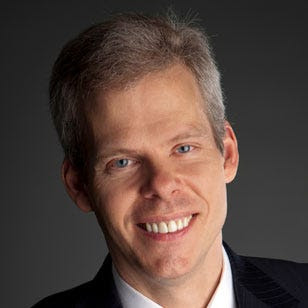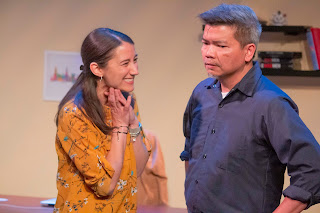Touring version Lovano-Douglas Sound Prints quintet finishes two-day run at Jazz Kitchen

There's no reason to think that, based on their respective discographies alone, Joe Lovano and Dave Douglas would not perform well together. Career-long they have both set themselves in different jazz contexts and found ways to shape every collaboration I've heard, and both their compositions and their improvisational outreach are not narrowly focused. 4/5 of Sound Prints: Penman, Douglas, Royston, Lovano. I was curious about Sound Prints, the quintet in which the saxophonist and the trumpeter form the front line, partly because provocative commentary by the late Stanley Crouch once linked Lovano and Douglas by way of contrast. He found the saxophonist receptive to and comfortable in the black tradition; the trumpeter, kind of an outsider. Any one of several eminent black trumpeters "would turn him into a puddle on the bandstand," Crouch outrageously proclaimed. Such invective suggested that these two white musicians might not feel comfortable together. Yet Sound P



